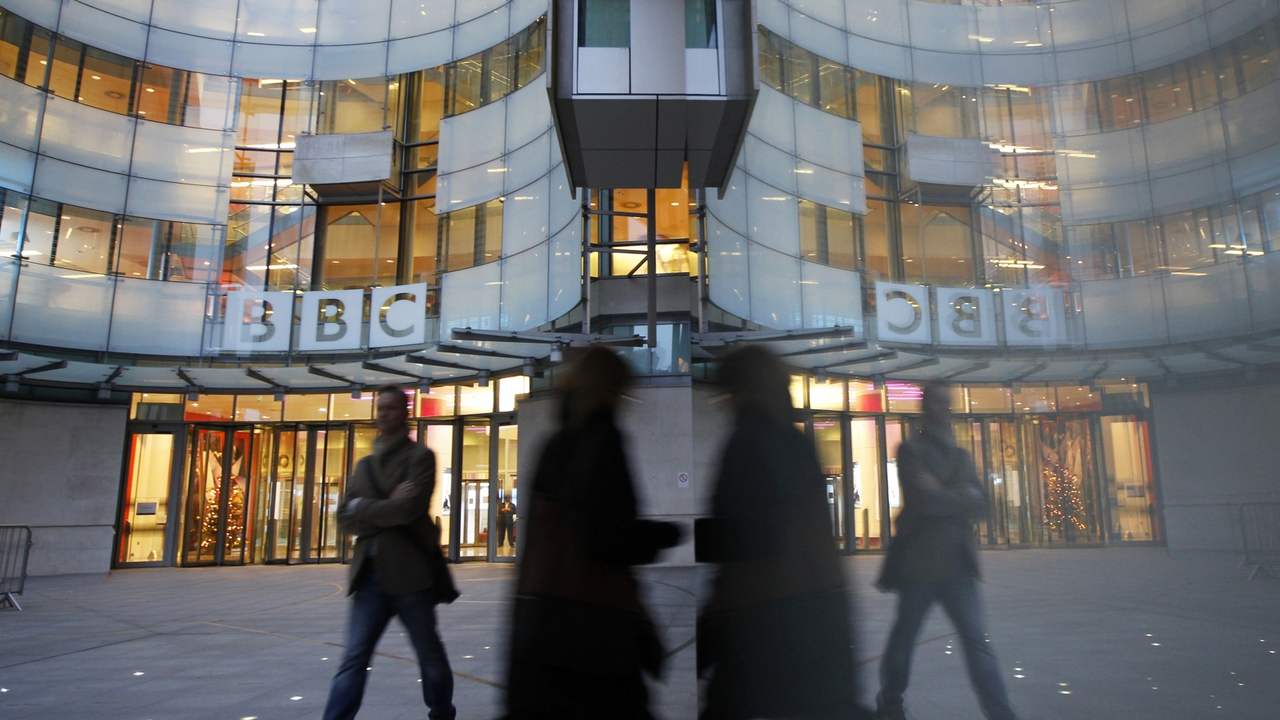News Credibility: How to Tell If a Story Is Trustworthy
We all scroll through headlines before our morning coffee. Some catch our eye, some make us roll our eyes, and a few leave us wondering, "Is this real?" News credibility isn’t a mystery—it's a habit you can build in a few minutes a day.
Why Credibility Matters
When you trust a source, you save time, avoid panic, and stay better informed about what actually matters. Bad info spreads fast, shapes opinions, and can even affect elections or health decisions. So, knowing which stories to believe helps you stay clear‑headed and makes your conversations more valuable.
Think about the last time you shared an article that turned out to be fake. You probably felt embarrassed and wondered why you missed the red flags. That feeling is a cue—your brain is telling you to sharpen the filter.
Simple Ways to Test a Story
1. Check the source. Reputable sites like BBC, The Hindu, or major wire services have editorial standards. If the URL looks weird (e.g., a random .xyz or lots of hyphens), pause.
2. Look for author info. A real journalist will have a byline, a short bio, and links to other work. Anonymous pieces are harder to verify.
3. Scan the date. Old stories get recycled as new. Make sure the date matches the event you’re reading about.
4. Cross‑check with another outlet. If three trusted outlets report the same facts, the story is likely solid. If only one obscure blog mentions it, be skeptical.
5. Spot sensational language. Headlines screaming "shocking" or "you won’t believe" are often clickbait. Credible reports stick to facts and avoid exaggeration.
6. Review the evidence. Look for quotes, data, or links to original documents. If a piece just says "experts say" without naming them, ask for proof.
7. Use fact‑checking tools. Websites like FactCheck.org, Snopes, or local media fact desks can quickly confirm or debunk claims.
Applying these steps doesn’t take long. You can do a quick mental checklist while you scroll, then decide if you’ll share, bookmark, or ignore the piece.
One extra tip: pay attention to your own biases. We’re drawn to stories that match what we already think. When a headline feels too comfortable, double‑check it. A little extra effort now prevents bigger headaches later.
By turning credibility checks into a habit, you become a better news consumer and help stop misinformation from spreading. Next time you see a headline that makes you gasp, run through these simple questions before you hit “share.” Your friends, family, and even the wider web will thank you.
